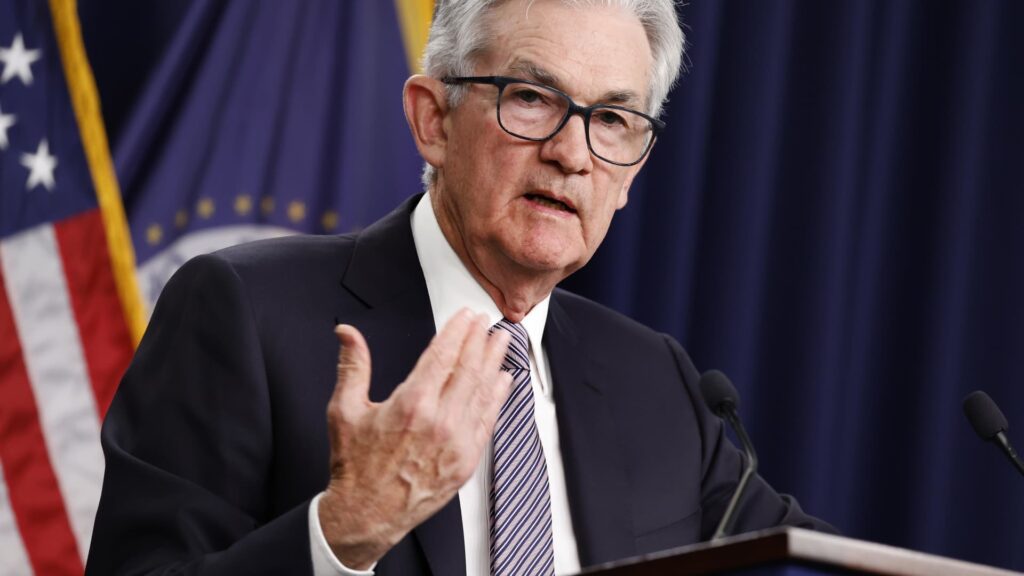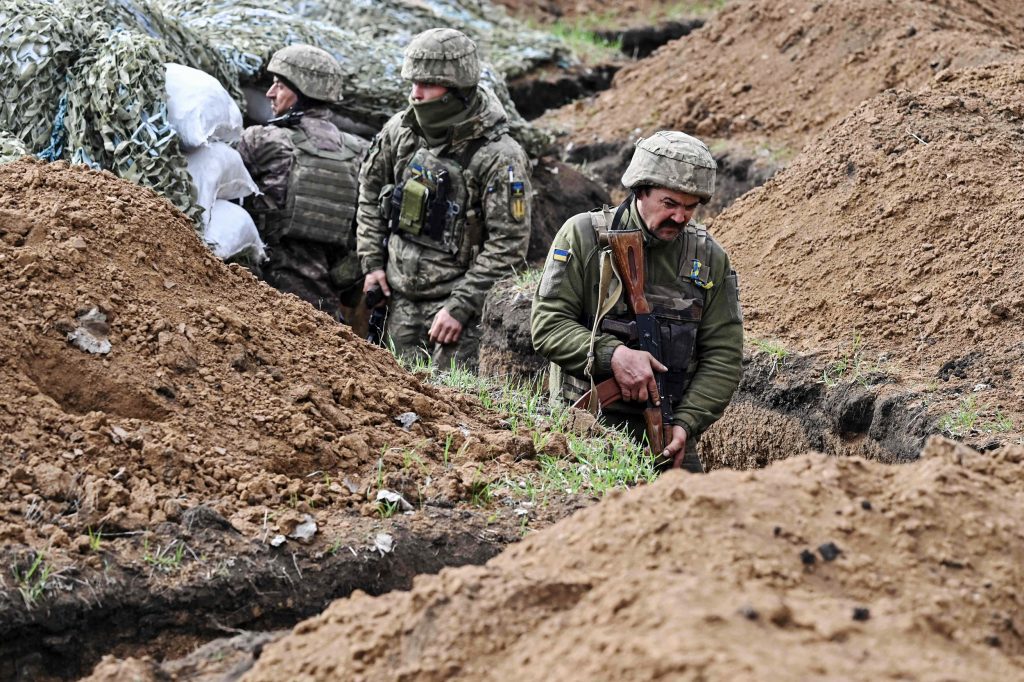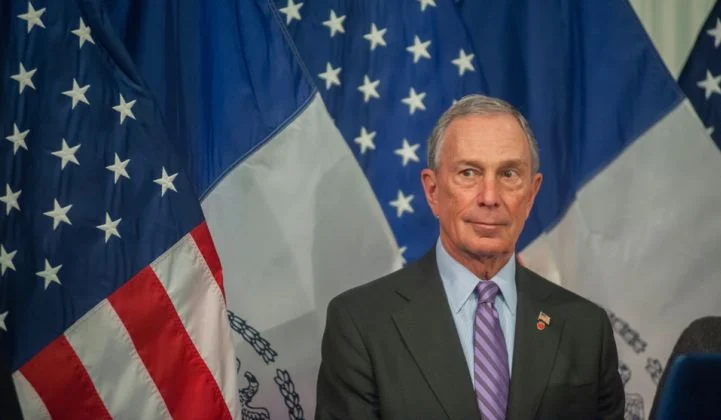Washington, D.C. – The Federal Reserve released the minutes from its May meeting on Wednesday, and they show that officials were divided on whether to continue raising interest rates in an effort to combat inflation.
The minutes show that most officials agreed that inflation was still too high and that it was declining more slowly than they had expected. However, there was disagreement about how much more aggressive the Fed should be in raising rates.


Some officials argued that the Fed should continue to raise rates by 0.5 percentage points at each of its next few meetings. Others argued that the Fed should slow the pace of rate hikes, or even pause them altogether if inflation starts to show signs of coming under control.
The minutes also show that officials were concerned about the impact of rising interest rates on the economy. They noted that higher rates could slow economic growth, and could lead to job losses. However, they also said that it was important to take action to bring inflation under control.
The Fed is scheduled to meet again in June, and it will likely be a critical meeting in determining the future course of monetary policy. The minutes from the May meeting suggest that the Fed is still undecided about how aggressive it should be in raising rates. However, it is clear that officials are committed to taking action to bring inflation under control.
Fed: Officials Saw Timely Debt Limit Increase as Essential
The Federal Reserve released the minutes from its May meeting on Wednesday, and they show that officials saw a timely debt limit increase as essential to the smooth functioning of the U.S. economy.
The minutes show that officials were concerned about the potential economic and financial consequences of a default on U.S. debt. They noted that a default could lead to higher interest rates, a decline in stock prices, and a slowdown in economic growth.
Officials also noted that a default could damage the U.S. government’s reputation and make it more difficult for the government to borrow money in the future.
The minutes show that officials urged Congress to pass a timely debt limit increase. They said that a default would be a “serious event” that would have “significant economic and financial consequences.”
Almost All Officials Saw Upside Risks to Inflation Outlook
The Federal Reserve released the minutes from its May meeting on Wednesday, and they show that almost all officials saw upside risks to the inflation outlook.
The minutes show that officials were concerned about the continued strength of the U.S. economy, and the potential for rising wages and prices to feed into higher inflation.
Officials also noted that the war in Ukraine and the ongoing COVID-19 pandemic were creating uncertainty about the global economic outlook. They said that these factors could lead to higher inflation, or could make it more difficult for the Fed to bring inflation under control.
The minutes show that officials are aware of the risks to the inflation outlook, and they are prepared to take action to address them. However, they also noted that it is important to be patient and to avoid overreacting to short-term fluctuations in inflation.
Fed Officials Stress Data-Dependent Approach, Cuts Unlikely
The Federal Reserve released the minutes from its May meeting on Wednesday, and they show that officials are taking a data-dependent approach to monetary policy.
The minutes show that officials are willing to raise interest rates or slow the pace of rate hikes depending on the incoming economic data. They said that they will “continue to monitor the incoming data and adjust the stance of monetary policy as appropriate.”
The minutes also show that officials are unlikely to cut interest rates in the near future. They noted that the U.S. economy is still growing and that the labor market is strong. They said that “the current stance of monetary policy is appropriate.”
The minutes show that the Fed is committed to taking action to bring inflation under control. However, they are also aware of the risks to the economy, and they are not willing to overreact to short-term fluctuations in inflation.




